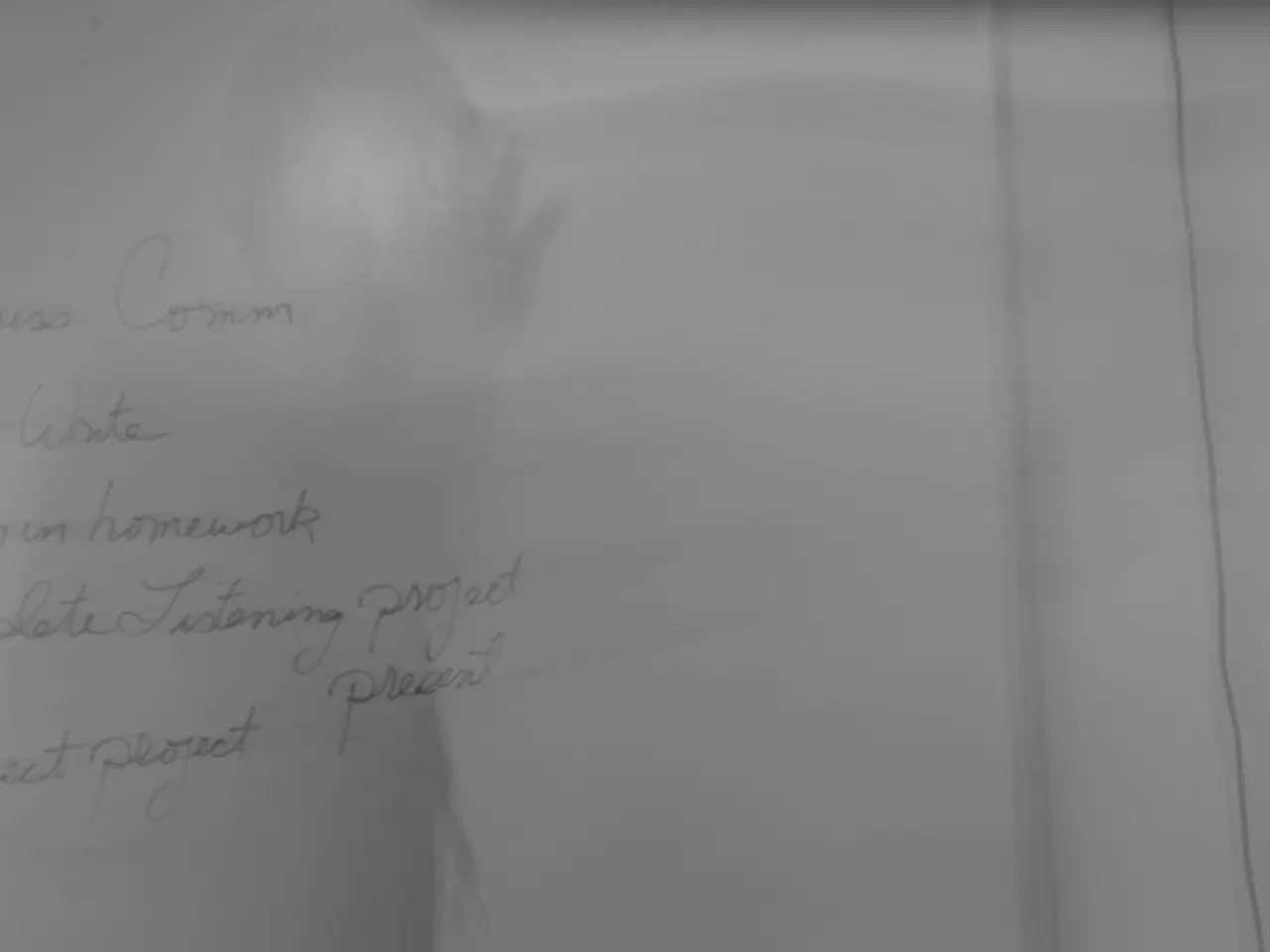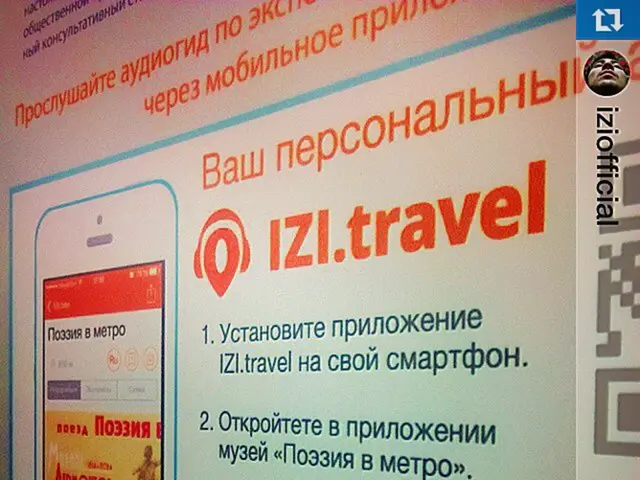Increased H-1B visa cost set by Trump to $100,000
In a move that could potentially reshape the tech industry's hiring practices, President Donald Trump has signed a proclamation regarding H-1B worker visas. This decision, announced on Friday, is likely to stir controversy among tech executives seeking qualified workers from abroad.
During his first term, Trump sought to enact rules that would have limited the issuing of new skilled-worker visas. However, these were ultimately struck down by a federal court. The latest proclamation, however, comes with a twist: companies will now be required to pay a $100,000 fee to obtain H-1B worker visas.
This move has been met with criticism from immigration lawyers, who question the government's authority to change immigration laws via decree and use it as a revenue source. A lawsuit challenging the proclamation has already been filed, citing constitutional concerns.
The H-1B visa program, signed into law by then-President George H.W. Bush in 1990, enables skilled workers from overseas to temporarily work in the United States. Major tech companies have relied on approvals from the H-1B program to hire employees from abroad. Amazon, for instance, has benefited from more than 10,000 H-1B visa approvals, followed by Tata Consultancy Services with 5,500, and Microsoft and Meta with over 5,000 approvals each.
Trump's comments on Friday suggested that tech companies would be pleased with the changes. However, Aaron Reichlin-Melnick, a senior fellow at the American Immigration Council, has called the move "almost certainly illegal and likely to be struck down in court."
The proclamation comes as the Trump administration intensifies its crackdown on immigration, through raids and massive deportation efforts in cities nationwide. This latest move is expected to rankle tech executives seeking qualified workers from abroad, as the annual cap of 85,000 (65,000 + 20,000) new H-1B visas each fiscal year, with additional exemptions for universities and research organizations, may become increasingly difficult to navigate.
Congress has only authorized the government to set fees to recover the cost of adjudicating the application, and there is no statutory authority to impose fees designed to limit the use of a visa. This raises questions about the legality of the new fee structure imposed by the proclamation.
The proclamation-signing is a win for immigration hardliners on Capitol Hill, but its long-term impact on the tech industry remains to be seen. As the legal challenges unfold, the future of the H-1B visa program hangs in the balance.
Read also:
- United States tariffs pose a threat to India, necessitating the recruitment of adept negotiators or strategists, similar to those who had influenced Trump's decisions.
- Weekly happenings in the German Federal Parliament (Bundestag)
- Southwest region's most popular posts, accompanied by an inquiry:
- Discussion between Putin and Trump in Alaska could potentially overshadow Ukraine's concerns





